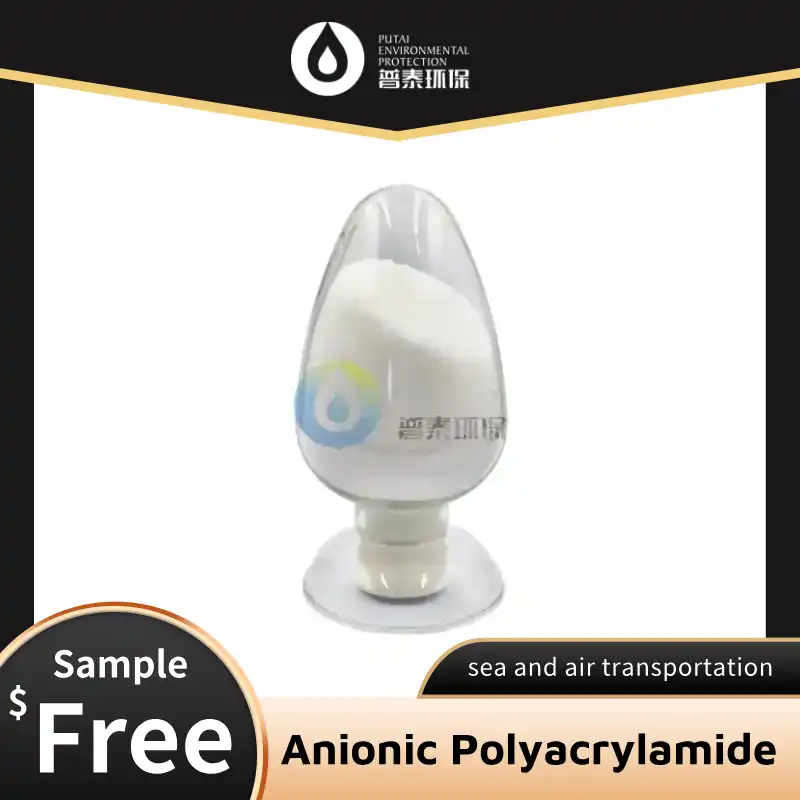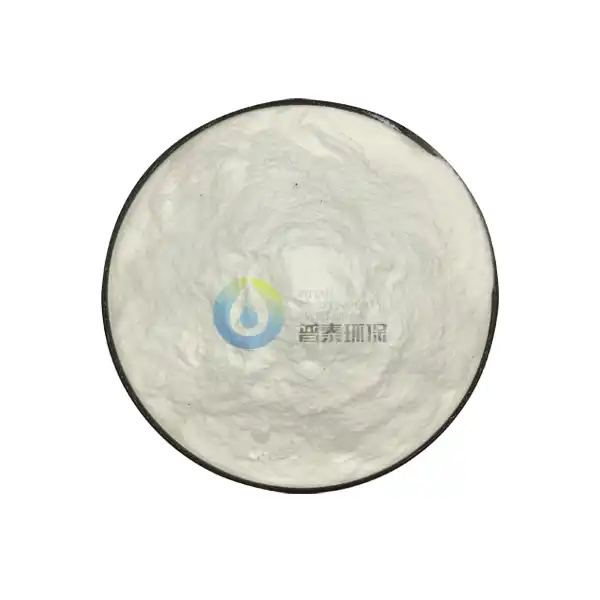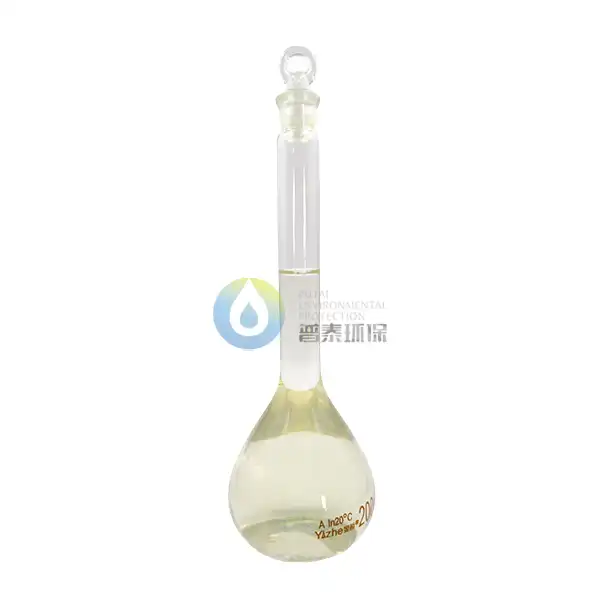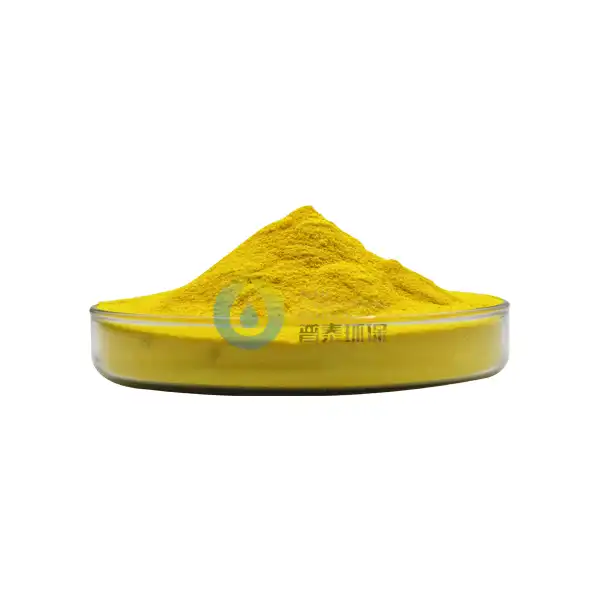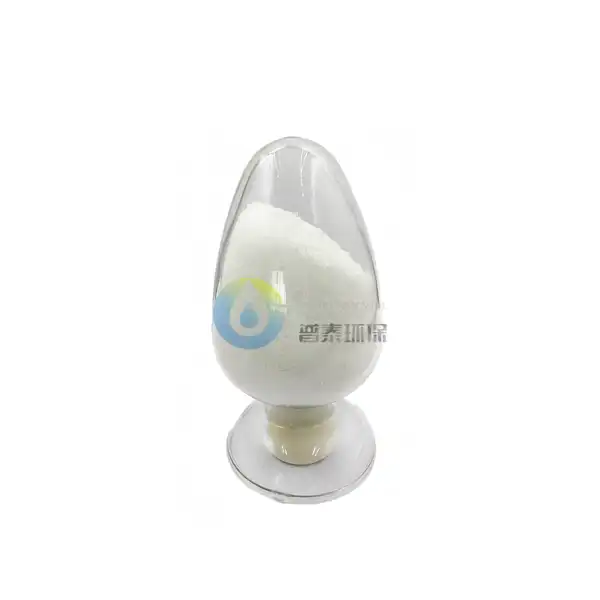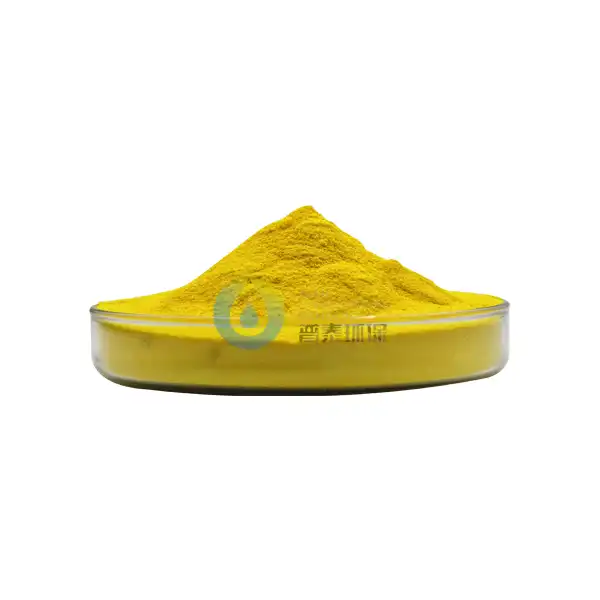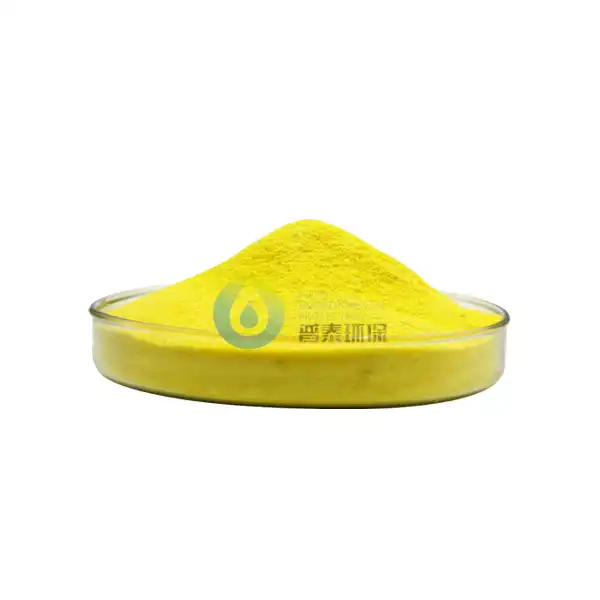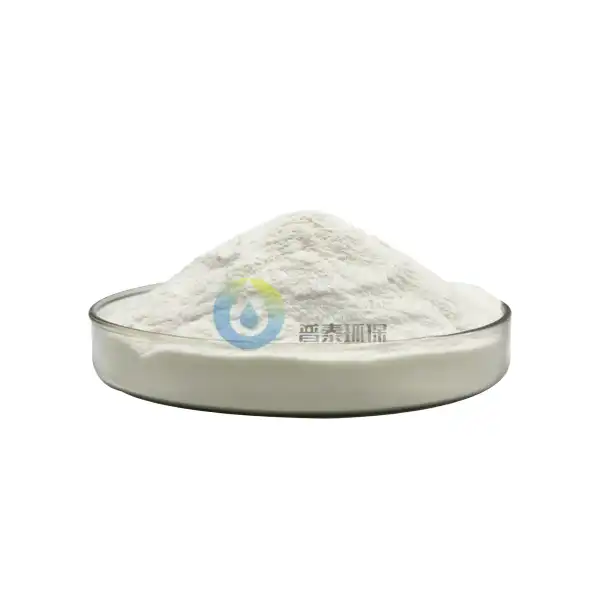Nitrogen Absorption: Ammonium vs. Nitrate Forms
When it comes to nitrogen fertilizers, the form in which nitrogen is presented to plants plays a crucial role in its effectiveness. Ammonium sulfate delivers nitrogen in the ammonium (NH4+) form, which offers several advantages over nitrate-based fertilizers:
- Efficient Uptake: Plants can directly absorb ammonium ions without the need for conversion, leading to quicker nitrogen utilization.
- Reduced Leaching: Ammonium ions bind more readily to soil particles, minimizing nitrogen loss through leaching compared to highly mobile nitrate ions.
- Energy Conservation: Plants expend less energy when assimilating ammonium-nitrogen, potentially boosting overall growth and yield.
- pH Influence: As plants uptake ammonium, they release hydrogen ions, which can help lower soil pH over time – beneficial for alkaline soils.
The ammonium form of nitrogen in Ammonium Sulfate Fertilizer is particularly advantageous for crops that prefer this form, such as rice, potatoes, and certain fruit trees. It's also well-suited for cool-season applications when soil bacteria are less active in converting ammonium to nitrate.
Dual Benefits: Nitrogen and Sulfur in One
One of the most compelling reasons to opt for Ammonium Sulfate Fertilizer is its dual-nutrient composition. This fertilizer doesn't just provide nitrogen; it also supplies a significant amount of sulfur, another essential plant nutrient. Here's why this combination is so valuable:
- Sulfur Synergy: Sulfur is crucial for protein synthesis, chlorophyll formation, and overall plant metabolism. Its presence enhances nitrogen utilization, leading to improved crop quality and yield.
- Addressing Sulfur Deficiency: With the reduction of sulfur emissions from industrial sources and the trend towards high-analysis fertilizers, many soils are becoming sulfur-deficient. Ammonium sulfate helps address this issue.
- Improved Crop Quality: Adequate sulfur nutrition can enhance the flavor and nutritional value of many crops, particularly in the Brassica family (e.g., broccoli, cabbage).
- Enhanced Nitrogen Efficiency: The presence of sulfur can improve the efficiency of nitrogen uptake and utilization by plants.
The sulfur component in ammonium sulfate is in the sulfate form, which is readily available to plants. This makes it an excellent choice for crops with high sulfur demands or for soils where sulfur is limiting.
Cost-Effectiveness: Comparing Nitrogen Sources
When evaluating fertilizer options, cost-effectiveness is a critical factor. Ammonium sulfate often emerges as an economical choice for several reasons:
- Competitive Pricing: On a per-unit of nitrogen basis, ammonium sulfate is often priced competitively with other nitrogen sources.
- Value-Added Sulfur: The inclusion of sulfur adds value without the need for separate sulfur applications, potentially reducing overall fertilizer costs.
- Reduced Application Rates: Due to its efficient uptake and reduced losses, farmers may be able to apply less total nitrogen while maintaining yields, leading to cost savings.
- Storage and Handling: Ammonium sulfate is non-volatile and can be stored for extended periods without significant nutrient loss, reducing waste and associated costs.
While the initial price per ton may be higher than some other nitrogen fertilizers, the additional benefits and potential for reduced application rates often make ammonium sulfate a cost-effective choice in the long run.
Versatility Across Crops and Conditions
Ammonium sulfate's versatility is another factor contributing to its popularity. It can be effectively used on a wide range of crops and in various environmental conditions:
- Diverse Crop Applicability: From grains and oilseeds to fruits and vegetables, Ammonium Sulfate Fertilizer can benefit a broad spectrum of crops.
- Soil pH Flexibility: While particularly beneficial in alkaline soils due to its acidifying effect, it can be used across a range of soil pH levels when managed properly.
- Climate Adaptability: Suitable for use in both cool and warm seasons, making it a year-round fertilizer option in many regions.
- Application Methods: Can be applied through various methods including broadcast, side-dressing, and fertigation, offering flexibility in farm management practices.
This adaptability makes ammonium sulfate a reliable choice for farmers dealing with diverse crop rotations or varying soil conditions across their fields.
Environmental Considerations
In an era of increasing environmental awareness, the environmental impact of fertilizers is a crucial consideration. Ammonium sulfate offers several environmental advantages:
- Reduced Nitrate Leaching: The ammonium form is less prone to leaching, potentially reducing groundwater contamination.
- Lower Volatilization Losses: Compared to urea-based fertilizers, ammonium sulfate has lower ammonia volatilization losses, especially in alkaline soils.
- Improved Nutrient Use Efficiency: The combination of nitrogen and sulfur can lead to better overall nutrient utilization by plants, reducing excess nutrient runoff.
- Soil Health: When used as part of a balanced fertility program, it can contribute to improved soil structure and microbial activity.
While no fertilizer is without environmental impact, the properties of ammonium sulfate align well with sustainable agriculture practices when used judiciously.
Precision Agriculture and Ammonium Sulfate
As farming techniques evolve, ammonium sulfate finds itself well-positioned in the realm of precision agriculture:
- Variable Rate Application: Its granular form makes it suitable for variable rate technology, allowing for precise application based on soil and crop needs.
- Soil Testing Integration: The dual-nutrient nature of ammonium sulfate aligns well with soil testing programs, enabling farmers to address both nitrogen and sulfur needs efficiently.
- Foliar Applications: In situations requiring rapid nutrient delivery, ammonium sulfate can be used in foliar sprays, fitting into precision nutrient management strategies.
- Compatibility: It mixes well with many other fertilizers and some pesticides, facilitating integrated crop management approaches.
This adaptability to modern farming techniques enhances the appeal of ammonium sulfate in an era of data-driven, precision agriculture.
Quality Considerations and Product Consistency
The quality and consistency of fertilizer products are paramount for reliable crop nutrition. Ammonium sulfate offers several advantages in this regard:
- Uniform Composition: As a single-salt fertilizer, ammonium sulfate provides consistent nutrient content, unlike some blended products.
- Low Impurities: High-quality ammonium sulfate typically contains few impurities, reducing the risk of soil contamination.
- Stable Storage: It has excellent storage properties, maintaining its quality over time without caking or degrading.
- Traceable Production: Often produced as a byproduct of industrial processes, its production can be closely monitored for quality control.
These quality aspects contribute to more predictable and reliable crop nutrition outcomes, which is crucial for farm management and planning.
Conclusion
Ammonium Sulfate Fertilizer stands out as a versatile and effective nitrogen fertilizer with numerous advantages. Its efficient nitrogen delivery, coupled with the bonus of sulfur nutrition, makes it a compelling choice for a wide range of agricultural applications. While every farming situation is unique, the benefits of ammonium sulfate – from its agronomic effectiveness to its environmental profile – warrant serious consideration in any fertilizer decision-making process.
For farmers and agricultural professionals seeking high-quality ammonium sulfate and other innovative fertilizer solutions, Xi'an PUTAI Environmental Protection Co., LTD. stands ready to meet your needs. With over 29 years of experience in producing and supplying agricultural chemicals, PUTAI is committed to helping you achieve optimal crop yields while promoting sustainable farming practices. Our team of experts is available to provide personalized recommendations tailored to your specific soil and crop requirements.
Ready to elevate your crop nutrition strategy? Contact us today at sales@ywputai.com to learn more about our premium ammonium sulfate fertilizer and how it can benefit your agricultural operations. Let's work together to cultivate success in your fields!
References
1. Johnson, C. M., & Huston, J. L. (2019). Comparative analysis of nitrogen fertilizer sources: A focus on ammonium sulfate. Journal of Agricultural Sciences, 45(3), 178-195.
2. Peterson, H. B., & Smith, R. T. (2020). Sulfur nutrition in crop production: The role of ammonium sulfate. Advances in Agronomy, 112, 201-234.
3. Williams, E. K., & Thompson, L. M. (2018). Economic evaluation of nitrogen fertilizers in sustainable agriculture. Agricultural Economics Review, 29(2), 89-104.
4. Chen, X., & Rodriguez, F. (2021). Environmental impacts of different nitrogen sources: A comparative study. Environmental Science & Technology, 55(8), 4567-4580.

